Filter by
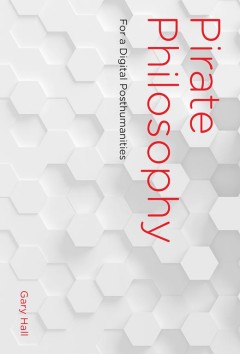
Pirate philosophy for a digital posthumanities
How philosophers and theorists can find new models for the creation, publication, and dissemination of knowledge, challenging the received ideas of originality, authorship, and the book.OCLC-licensed vendor bibliographic record.
- Edition
- -
- ISBN/ISSN
- 9780262332217
- Collation
- 1 online resource (xiv, 248 pages).
- Series Title
- -
- Call Number
- -
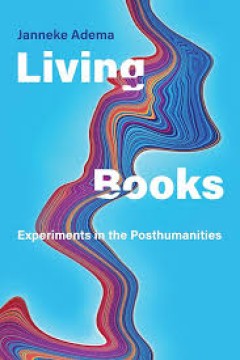
Living books :experiments in the posthumanities
"Living Books explores the potential futures of the scholarly book in an increasingly digital environment"--OCLC-licensed vendor bibliographic record.
- Edition
- -
- ISBN/ISSN
- 0262366460
- Collation
- 1 online resource.
- Series Title
- -
- Call Number
- -
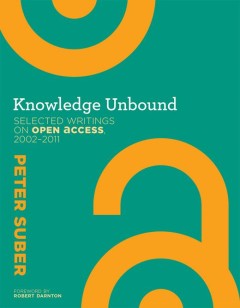
Knowledge unbound: Selected writings on open access, 2002-2011
Selection of writings, mostly from the author's SPARC open access newsletter.Peter Suber has been a leading advocate for open access since 2001 and has worked full time on issues of open access since 2003. As a professor of philosophy during the early days of the internet, he realized its power and potential as a medium for scholarship. As he writes now, "it was like an asteroid crash, fundamen…
- Edition
- -
- ISBN/ISSN
- 9780262329552
- Collation
- 1 online resource (xvi, 436 pages)
- Series Title
- -
- Call Number
- -
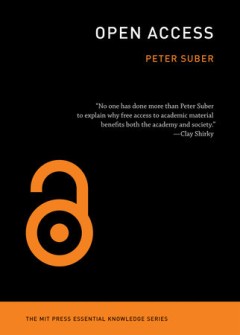
Open access
A concise introduction to the basics of open access, describing what it is (and isn't) and showing that it is easy, fast, inexpensive, legal, and beneficial.In this concise introduction, Peter Suber tells us what open access is and isn't, how it benefits authors and readers of research, how we pay for it, how it avoids copyright problems, how it has moved from the periphery to the mainstream, a…
- Edition
- -
- ISBN/ISSN
- 9780262301732
- Collation
- 1 online resource (xii, 242 pages).
- Series Title
- -
- Call Number
- -
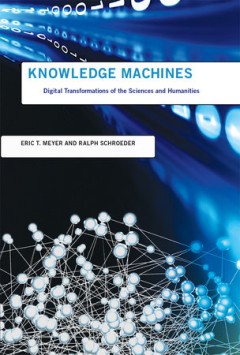
Knowledge Machines: Digital Transformations of the Sciences and Humanities
In Knowledge Machines, Eric Meyer and Ralph Schroeder argue that digital technologies have fundamentally changed research practices in the sciences, social sciences, and humanities. Meyer and Schroeder show that digital tools and data, used collectively and in distributed mode -- which they term e-research -- have transformed not just the consumption of knowledge but also the production of know…
- Edition
- -
- ISBN/ISSN
- 9780262328180
- Collation
- 1 online resource (x, 271 pages) :illustrations.
- Series Title
- -
- Call Number
- -

Athena unbound :why and how scholarly knowledge should be free for all
"This expansive history of knowledge and its openness makes a strong and nuanced case for opening scholarly knowledge to the public"--OCLC-licensed vendor bibliographic record.
- Edition
- -
- ISBN/ISSN
- 9780262373968
- Collation
- 1 online resource
- Series Title
- -
- Call Number
- -

Reassembling scholarly communications :histories, infrastructures, and global…
"Scholarly communication in the context of open access: how the imaginaries, practices, and infrastructures of 'openness' have been shaped"--OCLC-licensed vendor bibliographic record.
- Edition
- -
- ISBN/ISSN
- 0262363720
- Collation
- 1 online resource.
- Series Title
- -
- Call Number
- -
 Computer Science, Information & General Works
Computer Science, Information & General Works  Philosophy & Psychology
Philosophy & Psychology  Religion
Religion  Social Sciences
Social Sciences  Language
Language  Pure Science
Pure Science  Applied Sciences
Applied Sciences  Art & Recreation
Art & Recreation  Literature
Literature  History & Geography
History & Geography